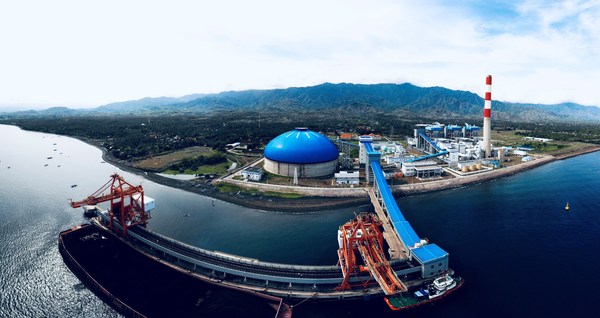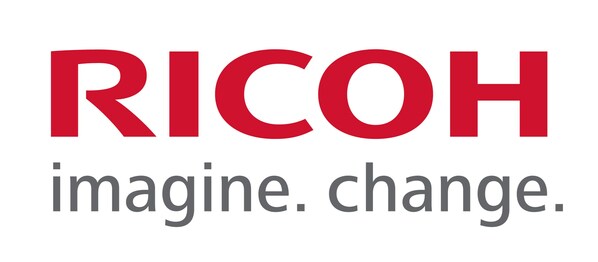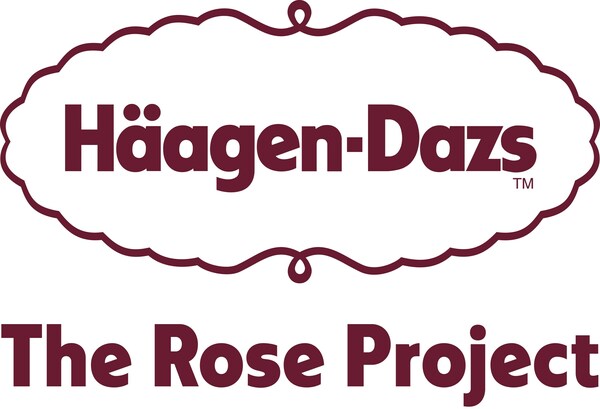BALI, Indonesia, Nov. 15, 2022 /PRNewswire/ -- The 17th Group of 20 (G20) Summit will be held in Bali, Indonesia, from November 15th to 16th. Bali, the host site of the Summit, is the most famous among more than 17,000 islands in Indonesia. In a mutually connected world development, the Celukan Bawang Power Plant, invested in and built by China Huadian Corporation ("CHD" hereafter), vividly embodies the Belt and Road Initiative concept for peaceful development and win-win cooperation.
After 2015, with the completion and commissioning of the power plant on Bali's northern coast, power shortages have become history. According to Li Qun, chief engineer of the Celukan Bawang Power Plant, for a long time, Bali Island relied only on the fuel oil (gas) power plant and two submarine cables from Java Island for electricity; the island's power demand could not be met. At present, this power plant, with an average annual power generation capacity of over 2.8 billion kWh, supplies about 40% of Bali's demands and saves the local government over 100 million U.S. dollars a year.
The Celukang Bawang Power Plant is on the northern coastline of Bali in Indonesia. The substation part adopts China's advanced GIS (Gas Insulated Substation) technology, which can effectively isolate salt mist from the sea to protect plant hardware and minimize land occupation. The Plant staff, together with an Indonesian environmental protection organization, " Yayasan Bumi Hijau Indah," established the Coral Research and Restoration Center. In the meantime, the Power Plant also worked with a Chinese biological research team, "Coral Planet," to carry out coral cultivation activities in the northern marine area, becoming a veritable "forest ranger" under the sea.
The Head of Buleleng County, Bali, Agus Suradnyana called on local residents and enterprises to work together to continue such work, protect the environment further and drive steady and rapid local development. The then assistant governor of Bali, I. Ketut Wija, pointed out that the completion of the project would change the current circumstance of Bali's dependence on power importation and fuel generation and hoped that Chinese enterprises such as CHD would continue to participate in the construction of infrastructure of the island, power plant, roads, ports and jetties and so forth, hence helping Bali develop further.
Given the workforce constraints in Indonesia, the Plant tried its best to maintain a reliable operation and generated nearly 60% of its capacity during the COVID-19 epidemic. To ensure the health of around 100 employees of the plant, CHD bonded with local hospitals for relief and treatment and set up quarantine and observation rooms and an emergency office.
According to Yuan Baoquan, a Chinese employee of the power plant, during China's epidemic fight, employees of the Plant volunteered to purchase disposable surgical gloves and other epidemic supplies and donated them to hospitals in Hubei, China. Yang Yu'e, another Chinese employee of the Plant, told a journalist that during the pandemic, the Plant took account of the local situation and prepared a bilingual "COVID-19 Prevention Handbook" in Mandarin and Bahasa Indonesia. CHD works conscientiously to provide a Plant where people from different cultural backgrounds, religious beliefs and all walks of life live harmoniously, work together peacefully and grow as a family.











